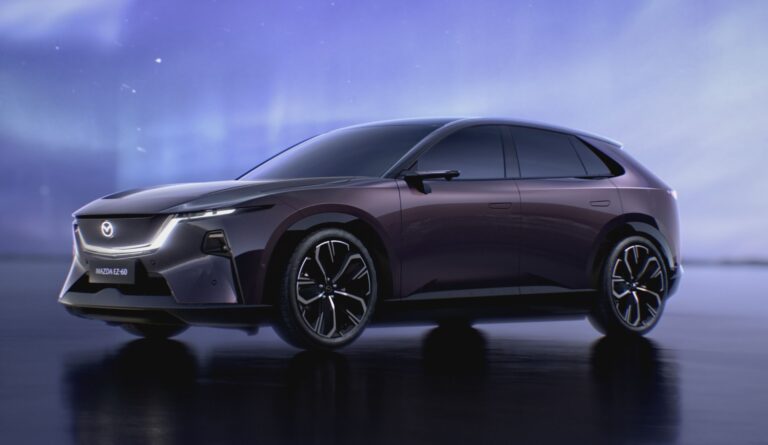Introduction
After years of speculation and anticipation, Tesla has officially launched its operations in India. Despite the excitement surrounding the entry of the electric vehicle (EV) giant into one of the world’s largest automotive markets, the pricing strategy has raised eyebrows. Critics argue that Tesla’s prices do not align with the expectations and economic realities of the Indian market.
The Journey to Launch
Tesla’s entry into India has been a long and winding road. The company has faced numerous hurdles, including regulatory challenges, tariffs, and infrastructure issues. Initially, there were hopes that Tesla would take advantage of India’s growing EV market potential, but several delays and false starts led to skepticism about the company’s commitment to the region.
Pricing Analysis
One of the most controversial aspects of Tesla’s launch is its pricing. The starting price for the Tesla Model 3 in India is set significantly higher than in other markets, primarily due to the high import tariffs imposed on fully assembled vehicles. This has led to a situation where consumers are questioning the value proposition of purchasing a Tesla in India.
Comparative Pricing
- The Tesla Model 3 is priced at approximately ₹60 lakh (about $72,000), while similar EVs from local manufacturers are available at much lower prices.
- For context, the Hyundai Kona Electric, a popular EV in India, starts at around ₹23 lakh (about $28,000).
- Additionally, the Nissan Leaf, another competitor, is priced around ₹30 lakh (about $36,000).
Such comparisons highlight the steep pricing of Tesla vehicles, which has left many potential buyers puzzled.
Market Reactions
The response from the Indian market has been mixed. While some tech enthusiasts and EV advocates are thrilled about Tesla’s arrival, many consumers are expressing disappointment over the pricing strategy. Industry experts suggest that Tesla may need to reconsider its approach if it hopes to capture a significant share of the Indian market.
Consumer Sentiments
- Many consumers feel that the high prices negate the benefits of switching to electric vehicles.
- There is a growing demand for affordable EV options, especially in a price-sensitive market like India.
- Social media platforms are buzzing with discussions about Tesla’s pricing strategy, with many users questioning the value of Tesla vehicles compared to local alternatives.
The Future of Tesla in India
Looking ahead, Tesla will need to navigate several challenges if it wants to succeed in India. The company is expected to work on local manufacturing options to reduce costs and potentially lower prices for consumers. Local production could not only make Tesla vehicles more affordable but also help the company align with the Indian government’s push for domestic manufacturing.
Conclusion
While Tesla’s launch in India marks a significant milestone for the company, the high pricing of its vehicles poses a challenge to its success in the market. As consumers weigh their options, Tesla’s future in India will depend on its ability to adapt and respond to the needs of Indian buyers. Only time will tell if the EV giant can find its footing in this vibrant automotive landscape.

